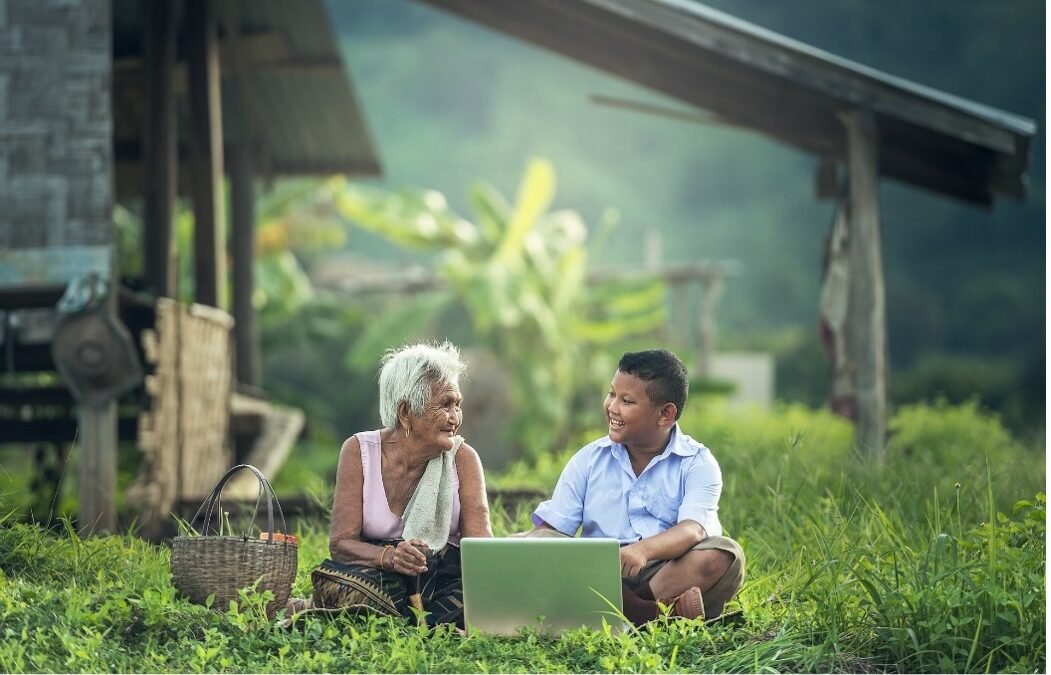Image source: Pixabay
Frugal innovations are getting noticed for their ability to make a positive impact on communities, particularly those dealing with financial difficulties. But it is not all about the economic aspect. This article delves into why we should also focus on the social aspect of frugal innovations and how the FRANCIS project is making strides in this direction.
Understanding Sustainability: A Balanced Approach for frugal innovations
When we talk about sustainability, we usually think about taking care of the environment. But it is not just about nature; it is also about society and the economy. The FRANCIS project believes that all three aspects—social, environmental, and economic—need to be in balance for true sustainability.
Frugal innovations have the potential to address social challenges and improve the lives of people, especially those who are struggling financially. They offer affordable solutions that can alleviate poverty and enhance living conditions. Some experts even argue that frugal innovations are naturally good for both society and the economy.
To make frugal innovations truly beneficial, they need to be based on values, informed by social needs, and discussed democratically. Technology, whether it’s in its frugal form or not, is not inherently good or bad; it depends on how it’s used. Unfortunately, most of the existing literature on frugal innovations focuses on business interests and overlooks the complex social, economic, and cultural contexts in which these innovations are developed and implemented.
The FRANCIS Project: Integrating Social Responsibility
The FRANCIS project acknowledges the limitations of current approaches to frugal innovation. Thus, it brings the idea of Responsible Research and Innovation (RRI) to the forefront. As a framework for research and innovation initiatives, RRI emphasizes six key factors: ethics, gender equality, governance, public engagement, open access, and science education. By including these factors in its evaluation process, the FRANCIS project aims to ensure that frugal innovations are socially responsible and sustainable.
Balancing success factors and social implications is at the core of FRANCIS. While economic sustainability is important, the social aspects of frugal innovations often take a backseat. The FRANCIS project recognizes the factors that contribute to successful frugal innovations, such as understanding customer needs, embracing creativity, focusing on essential functions, and considering the entire business model. However, the social impact of these innovations is brought to the spotlight in both of its frugal innovation challenges.
To make frugal innovations effective, it is essential to understand the specific social context in which they will be implemented. This helps tailor solutions that meet the needs and interests of local communities. Additionally, involving users directly in the creation and customization of innovations empowers individuals and fosters local knowledge and expertise.
Addressing Gender Inequalities and Promoting Inclusion
Gender dynamics play a significant role in frugal innovations. They intersect with other social norms and roles within communities. To ensure that frugal innovations benefit everyone, including marginalized women, it’s crucial to consider these dynamics and create equal opportunities for participation. Inclusiveness and gender equality are at the heart of ethical and responsible innovation practices, regardless of its frugality.
In fact, like any other technological advancements, frugal innovations raise ethical questions related to human rights, privacy, and data security. Which is why it is important to examine these dimensions to prevent potential risks or unintended consequences, especially for vulnerable populations. Establishing ethical guidelines and frameworks helps ensure that frugal innovations adhere to fundamental ethical principles.
In conclusion, frugal innovations possess the potential to bring about significant changes and foster positive outcomes in society. By taking into account the social dimension alongside environmental and economic considerations, we can develop solutions that are not only sustainable but also inclusive, benefiting everyone in the process.
